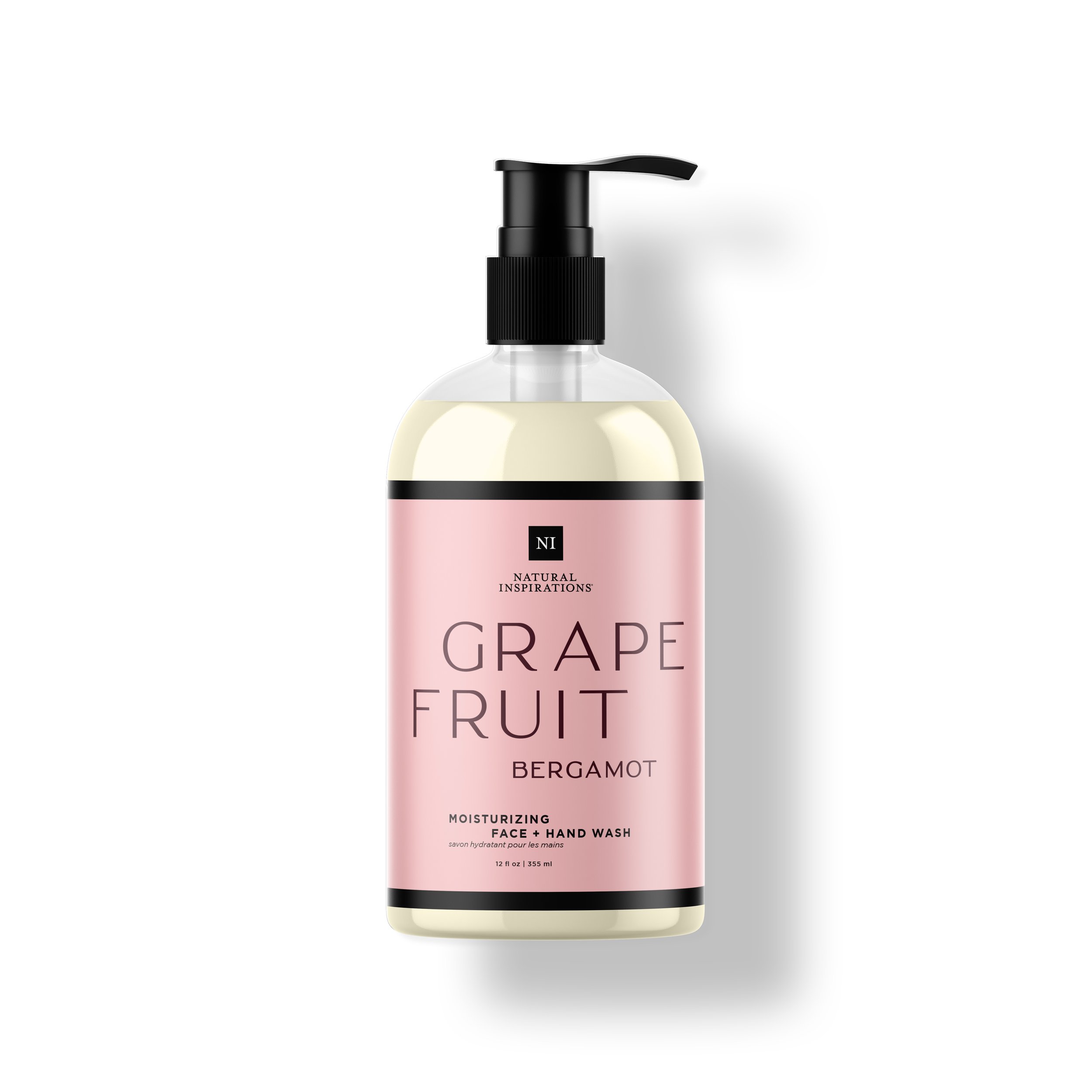WHAT IS SKIN MICROBIOME?
Just like your gut, your skin is home to an eco-system of billions of beneficial living microorganisms (bacteria, fungi and viruses) which live in and on your skin. This eco-system is our skin microbiome. A well-balanced microbiome works to keep your skin healthy and in good condition.
How does your microbiome affect your skin?
Your skin microbiome impacts what your skin looks and feels like day-to-day. A diverse microbiome is associated with skin health and can lead to more glowing, radiant and healthy-looking skin. The skin microbiome can assist in wound healing, limits allergen and UV radiation exposure, minimizes oxidative damage and helps keep the skin barrier intact and well hydrated. It also fights off threats by external factors such as bacterial transfer from external surfaces, certain cosmetic products, detergents and antimicrobials such as hand sanitizers. Keeping these microorganisms in balance may help to protect skin from certain conditions.
What happens if your microbiome is out of balance?
Inflammation can arise as the result of an imbalance or lack of diversity of the microbiome and manifest as acne, eczema or rosacea. When the balance shifts towards the bad bacteria, skin irritation or blemishes can develop.
How to nurture your skin biome for glowing, healthy skin
Nurturing your microbiome starts with being gentle to your skin. Here are some hints:
1. Stop using harsh soaps. Our growing soap usage may overly strip the skin which leads to redness, sensitivity and dryness. Avoid antibacterial soaps and eliminate harsh synthetic chemicals like sulfates (SLS/SLES). Sulfates are harsh detergents used for their foam-building properties and can cause skin irritation. Choose natural soaps for a kinder, gentler cleansing. Natural Inspirations has two gentle soap options that you might like — a bar soap and a liquid soap. They are sulfate free and still deliver a beautiful, moisturizing, skin-loving lather.
2. Don’t wash too often. Our obsession with cleanliness may be doing more harm than good for our skin microbiome. Clean only when you really need to – before bed to remove makeup, after a workout or an especially sweaty day -- to help maintain the skin’s natural oils and microbial balance.
3. Don’t use hot water in your shower or bath. Hot water washes away skin’s protective oils and can damage your skin cells which can cause broken capillaries and rashes. Rather, aim for lukewarm water and limiting your time to 10-15 minutes.
4. Hydrate – inside and out. Regular underhydrating can negatively affect your skin’s microbiome. Drink at least 64 ounces of water a day and use a microbiome-pampering moisturizer with humectants like glycerin. We have wonderful moisturizers that will LOVE your skin!
5. Sweat often. There is evidence that sweat may contribute to healthy skin bacteria.
6. Go natural. Wear natural clothing fibers like cotton, linen, hemp and bamboo to keep the skin flora in balance with other parts of your body including the armpits and groin area. Man-made synthetic fibers like polyester provide a welcoming environment for odor-causing bacteria and may harbor bacteria that are out of balance with the normal skin ecosystem.
Our skin is the largest organ of our body.
Most of us don’t give it enough credit for the incredibly efficient, exceedingly complex protective job it does for us. Anything we can do to create a healthy environment for our skin microbiome will help us to look our positively glowing best!





